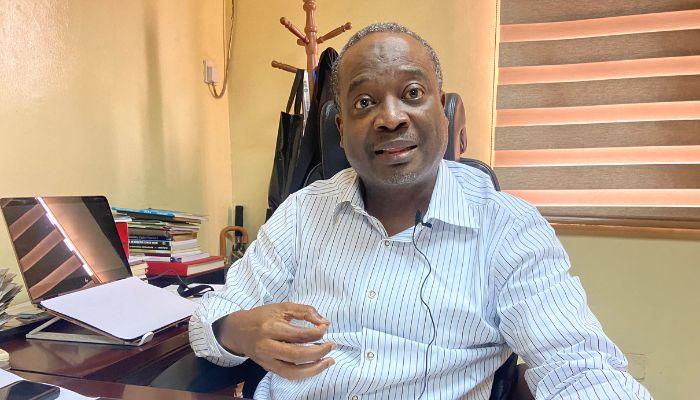Tokunbo Akande, the Special Adviser to the Executive Chairman of the Lagos State Internal Revenue Service (LIRS), recently shared crucial insights about stamp duty on Channels Television’s Tax Talk program.
Akande began by clarifying the distinction between stamp duty and postage stamps. He emphasized that stamp duty serves as a revenue stamp, far removed from its association with postal services. Its primary purpose is to authenticate transactions involving various entities, be they corporations or individuals.
He talked about the significance of this framework in validating transaction-related documents for legal admissibility. “For example, if someone purchases an item from another person, a receipt is given to show the transaction. This receipt must be stamped to be considered admissible evidence in court in case any disputes arise. In the past, the postal stamp was used to denote the stamp duty,” he said.
According to Akande, Stamp duty is a tax law that dates back to 1939, and it is still in effect today. Although it was reenacted in 2004 and has been updated over time through the Finance Act, the basic premise remains the same. Stamp duty places the responsibility on those involved in certain transactions to provide documentation that explains the details of the transaction.
Tokunbo Akande also discussed the financial impact of stamp duty in Lagos State, citing over N5million in recent years. He acknowledged the potential for improvement, revealing plans to reintroduce revenue stamps for wholesalers and distributors for transactions exceeding N10,000, a practice from the 1970s that they aim to revitalize. Akande said, “This approach was previously utilized in the 1970s, and we are eager to revitalize it. We are fully committed to engagement and process improvement.”
Akande stressed the importance of awareness regarding stamp duty, mentioning efforts by the Joint Tax Board and LIRS, such as town hall meetings and public notices. He noted, “The law requires that all transactions between two entities must be stamped, and even items such as cheques have a small stamp on them.”
Akande also highlighted the LIRS’s extended presence in multiple states, with offices strategically located to enhance taxpayer service. He emphasized their availability to provide support during legal proceedings in all Lagos courts. “Our team of experts ensures that all necessary documents are properly stamped and verified by the commissioner for stamp duty,” Akande stated.
Tokunbo Akande’s insights clarified the role of stamp duty as a revenue stamp for transaction authentication, its historical significance, and the LIRS’s commitment to improving processes and awareness. Their goal is to ensure the legal integrity of documents in Lagos State, making stamp duty an essential component of modern financial transactions.
Techrectory with Agency Report.




